Understanding Child Sexual Abuse: Protecting Our Tamariki and Rangatahi
What is Child Sexual Abuse?
Child sexual abuse refers to any inappropriate sexual behaviour towards a child. In New Zealand, the legal definitions related to children are:
Child: Anyone aged 0-13 years.
Young Person: Anyone aged 14-17 years.
Child sexual abuse occurs when a child under the age of 16 is exploited sexually by an adult or older child. The abuser is typically at least three years older or physically more developed than the survivor.
Sexual abuse can take many forms, including:
Non-contact abuse: Exhibitionism, voyeurism, and exposure.
Contact abuse: Fondling, penetration with fingers, objects, or the penis, oral sex, rape, and coercion into nudity or masturbation.
Abuse can occur between children of the same age when there is a significant power imbalance, but in most cases, it involves an older person in a position of trust or authority over the child.
How Does the Child Feel About the Abuse?
Children may experience a range of emotions when they first encounter abuse. Often, they are confused and may not immediately understand that what is happening to them is wrong. Some of the feelings a child may experience include:
Initial Participation
Children might participate willingly due to a desire for attention, love, or physical contact.
Secrecy
The abuser often portrays the abuse as a “secret” or “game,” leading the child to believe that it’s something they must keep hidden.
Betrayal
Once a child realises the abuse is wrong, they may feel betrayed by the abuser, particularly if it was someone they trusted.
Guilt and Shame
The child may feel guilt for not stopping the abuse or for letting it happen.
Why Doesn't the Child Tell Someone?
There are many reasons why a child may not speak out about the abuse they are experiencing. These may include:
Threats from the Abuser: The abuser may use threats or coercion to silence the child, warning them that something bad will happen if they speak out.
Guilt: The child may feel personally responsible for the abuse or believe they are at fault.
Protecting Family: The child may feel an overwhelming need to protect their family, especially younger siblings, from the abuser.
Embarrassment and Fear: The child may feel embarrassed or unsure of where to turn for help.
It is essential to recognise that children do not have the emotional maturity to understand or process sexual abuse. The responsibility for the abuse lies entirely with the abuser.
Indicators of Child Sexual Abuse
Physical Signs (less common)
Presence of sexually transmitted diseases (STDs) in the mouth, genitals, or rectum.
Tissue damage or bruising in the genital or anal area.
Painful urination or elimination.
Pregnancy, bloodstains on underwear, or itching due to thrush.
Behavioural Signs
Regressive behaviour (e.g., bedwetting, clinging to parents).
Excessive crying, irritability, and mood swings.
Inappropriate knowledge of sexual acts for their age.
Excessive masturbation or attempts to manipulate the genitals of others.
School problems: Changes in behaviour or performance.
Secretive behaviours or withdrawing from social interactions.
Acting-out behaviours like running away or truancy.
Promiscuity or early sexualisation.
Self-destructive behaviours like drug abuse or self-harm.
The Emotional Impact on Children
Children who experience sexual abuse often struggle with conflicting emotions and feelings of confusion. These emotions may include:
Fear: Fear of punishment, blame, abandonment, or not being believed.
Guilt: The child may feel responsible for the abuse, believing they caused it.
Power: Some children feel as if they must protect their family by keeping the abuse a secret.
Warmth: Despite the abuse, children may still feel affection for the abuser, especially if the abuser has been kind or caring in other ways.
Isolation: Many survivors of incest feel isolated and different from their peers.
Breaking
Silence,
Healing
Lives
What Are the Effects on Survivors?
The effects of child sexual abuse can be both immediate and long-term. Survivors may experience the following
In Childhood
Confusion and anxiety about what has happened.
Loss of innocence, which can make the child feel disconnected from their peers.
Difficulty with trust, especially towards family members or caregivers.
Problems with physical and sexual boundaries.
In Adulthood
Negative self-image and difficulty trusting others.
Difficulty forming healthy sexual relationships.
Psychological impacts such as anxiety, depression, self-harm, and substance abuse.
Relationship difficulties with family and partners.
Sexual difficulties or detachment from sexuality.
How to Support a Child Who May Be a Survivor
If you suspect a child is being sexually abused, it’s crucial to act. Here’s what you can do:
Listen without judgment and reassure the child that they are believed.
Encourage open communication without forcing the child to speak.
Provide emotional support to help the child feel safe and loved.
Report to authorities: In New Zealand, dial 111 for emergency help or to report suspected abuse.
The Wairarapa Rape & Sexual Abuse Collective is here to provide confidential support for anyone affected by child sexual abuse. You are not alone in this journey.
If you need assistance or want to learn more about child sexual abuse, our team is here to help.
Phone: 0800 614 614 (24/7)
Location: Floor 3, Departmental Building, 35-37 Chapel Street, Masterton 5810
Are you ready to take the next step?

Contact
0800 614 614 (24/7)
06 370 8446
We are a 24/7 crisis line, however we may not be able to answer your call straight away, please leave a message for us to get back to you as soon as possible. If it is an emergency hang up and call 111. Alternatively you can submit a form under the 'Contact Us' tab if your call is not urgent & we will be in contact ASAP.
35-37 Chapel Street, Departmental Building Masterton
Office hours 8.30 AM - 2.30 PM Monday - Friday, please call as appointments are preferred

